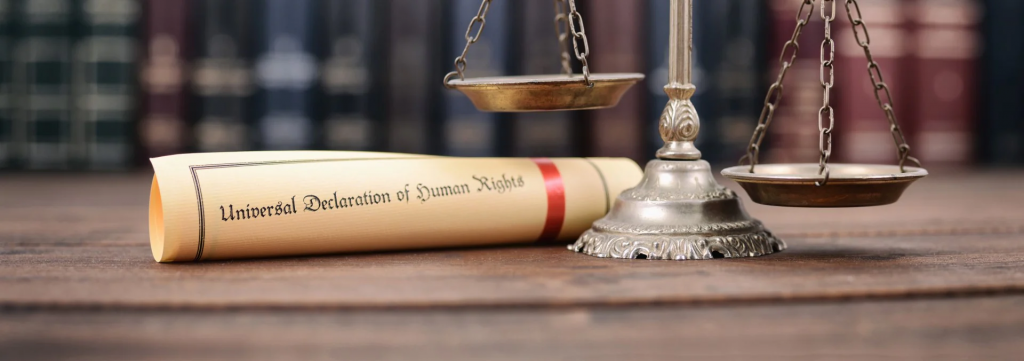As the American Colonists were preparing to separate from Britain, the soon to be independent States were working out the details of their own constitutions. King George III had refused to honor their long-cherished rights and as a result, most Americans came to believe that separation was eminent.
Having studied written charters of the past, primarily in English history, the hope was to embrace proven governing practices based on fundamental principles of human happiness, and experiment with new innovations that would best protect the rights of the people. The result would ultimately be a constitution written by representatives of the people and ratified by the people. Such a novel idea was only to be outdone by taking established principles and embedding them into a bill of rights in the form of policy. Americans were on the path to answering history’s unanswered question: Who has the right to declare the law?
The Virginia Convention took the lead in this new experiment. Their goal was to determine the powers and branches of their state government, check that power with restraints ensuring that it emanated from the will of the people, and put it in writing, thus giving it stability and permanence.
Before this could effectively be accomplished, a list of principles and a declaration of rights was needed as a foundation for their new government. George Mason came forth with a list of principles. Mason was a humble man, a “reluctant statesman.” While some sought to use this crisis as an opportunity for self-glorification, Mason won the day in the wisdom of humility. Edmund Randolph noted his contribution:
“Many projects of a bill of rights and Constitution discovered the ardor for political notice, rather than a ripeness in political wisdom. That proposed by George Mason swallowed up all the rest by fixing the grounds and plan which after great discussion and correction were finally ratified.”
On June 12, 1776, the Virginia Declaration of Rights was approved by the Virginia Constitutional Convention, and it became the preamble to the Virginia Constitution.
Many of the other states used Virginia’s Constitution as a prototype when drafting their own. Each proclaimed as it were with one voice their shared beliefs about the role of government, the need for restraints, and the securing of natural rights. For instance, they guaranteed freedom of speech, the press, and religious worship. Individual liberty was the fundamental law. “A freeman’s remedy against a restraint of his liberty ought not to be denied or delayed,” declared the North Carolina Constitution. They recognized other freedom principles too:
- representative government,
- trial by jury,
- the protection against unreasonable searches of people and papers,
- the forbidding of cruel and unusual punishment,
- and more.




I wonder how many of us have a copy of the Declaration of Independence, the Bible, the Constitution and the Bill of Rights?
Even more curious if we have read them?
Would help form a more coherent conversation about saving or restoring the Republic.
Agree wholeheartedly.
That is a good start but you need to grab a copy of Volume 1 of the United States Code from the Government Printing Office. It contains ALL 4 Organic Laws of the United States of America printed by them in there book. The four laws are in order of importance and by chronology:
Read the laws carefully, in order, and recall that they were all written by some of the smartest people on the planet at that time. The last two law, still in force, where written by very smart people who had just fought and won a war against the greatest military on the planet at that time. They also needed money to run the “United States” and they had a big war prize thanks to King George III.
It also is important to understand what exactly they meant by the term “supreme Law of the Land” in Article IV, section 2. For example, ask the question, “What is the nature of the Land” that they are referring to? As per the Articles of Confederation, the States retained their sovereignty except in very specific situation.
Once you see that the Articles of Confederation are still good law and was never repealed you can begin the process of reclaiming your personal sovereignty. For that part, you may need your Bible and the courage and comfort it provides.
We live in an AMERITOCRACY.
PS Why no mention of NC Constitution?
Ohh, that’s right, it was written by a bunch of YANKEES!!
Here are some of our ‘RIGHTS’ https://ncleg.gov/Laws/Constitution/Article1
A1s4 Secession Prohibited?? How does this protect the individual’s rights?
A1s5 Allegiance to the United States (which US? no mention of America)
NC chattle don’t have rights we have OBLIGATIONS.
We are run by a syndicate called the BAR, a British agency.
People can not see backwards anymore